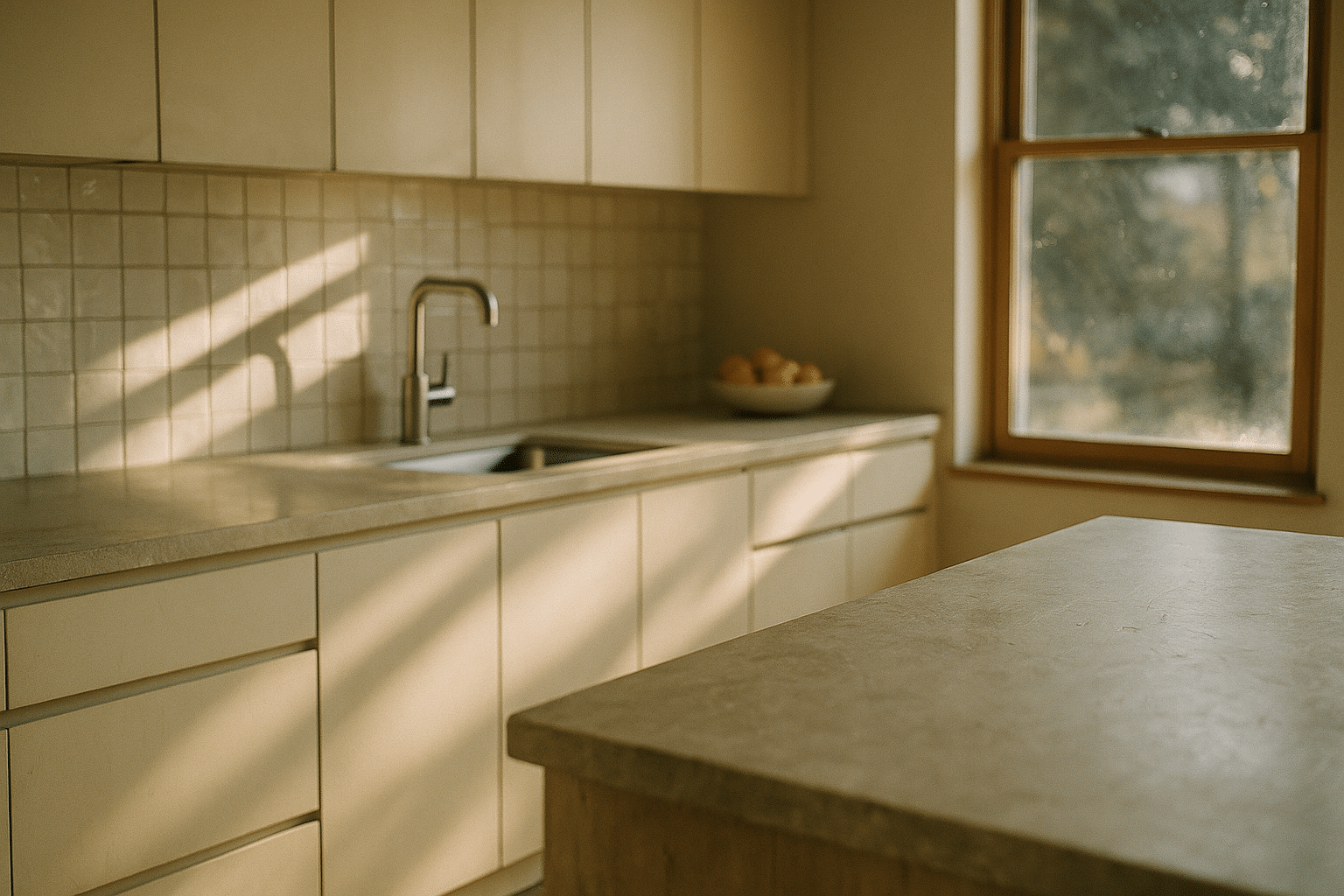
How to Break Bad Habits and Build Good Ones
Breaking bad habits and cultivating good ones can significantly enhance our quality of life, yet it often feels like a daunting task. Understanding the science behind habits can be an essential step towards making lasting changes.
Habits play a crucial role in our daily lives, influencing our health, productivity, and overall well-being. According to Dr. Wendy Wood, a psychology professor at the University of Southern California, about 43% of our daily actions are habitual. This statistic highlights the importance of being mindful of our habits and taking conscious steps to improve them.
Understanding Habits
Habits are automatic behaviors triggered by cues in our environment. They form through a process called habit loop, which consists of a cue, a routine, and a reward. Breaking a bad habit involves disrupting this loop, while forming a good one requires creating a new loop with positive reinforcement.
Expert Insights
James Clear, author of “Atomic Habits,” emphasizes the power of small changes. He suggests focusing on incremental improvements, as they can lead to substantial results over time. This approach aligns with the concept of “marginal gains,” which has been successfully applied in various fields, including sports and business.
Strategies to Break Bad Habits
- Identify Triggers: Reflect on what prompts your bad habit. Is it stress, boredom, or a specific environment?
- Replace with a Positive Behavior: Instead of trying to stop a habit altogether, substitute it with a healthier alternative.
- Reward Yourself: Reinforce your new habit with a reward, which can strengthen the new behavior.
Strategies to Build Good Habits
- Start Small: Begin with manageable changes to avoid feeling overwhelmed.
- Consistency is Key: Practice your new habit consistently to solidify it.
- Track Your Progress: Use a journal or app to monitor your habit-building journey.
Table: Comparison of Bad vs. Good Habit Strategies
| Aspect | Bad Habit | Good Habit |
|---|---|---|
| Trigger | Environmental cues | Intentional cues |
| Routine | Automatic behavior | Conscious action |
| Reward | Instant gratification | Sustainable satisfaction |
| Focus | Disruption | Creation |
| Effort | Initial resistance | Gradual ease |
| Outcome | Negative impact | Positive impact |
| Support | Peer pressure | Community support |
| Timeframe | Short-term | Long-term |
FAQs
How long does it take to form a new habit?
Research suggests it takes approximately 66 days on average to form a new habit, but this can vary based on the complexity of the habit and individual differences.
Can I break multiple bad habits at once?
It’s generally more effective to focus on one habit at a time, as multitasking can reduce your chances of success.
In conclusion, breaking bad habits and building good ones requires patience, persistence, and a strategic approach. By understanding the habit loop, identifying triggers, and reinforcing new behaviors, you can make meaningful changes. Remember, the journey to healthier habits is a marathon, not a sprint. Stay committed, and celebrate small victories along the way.


